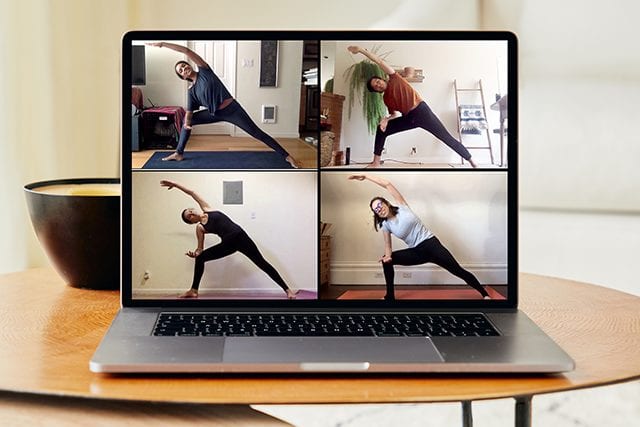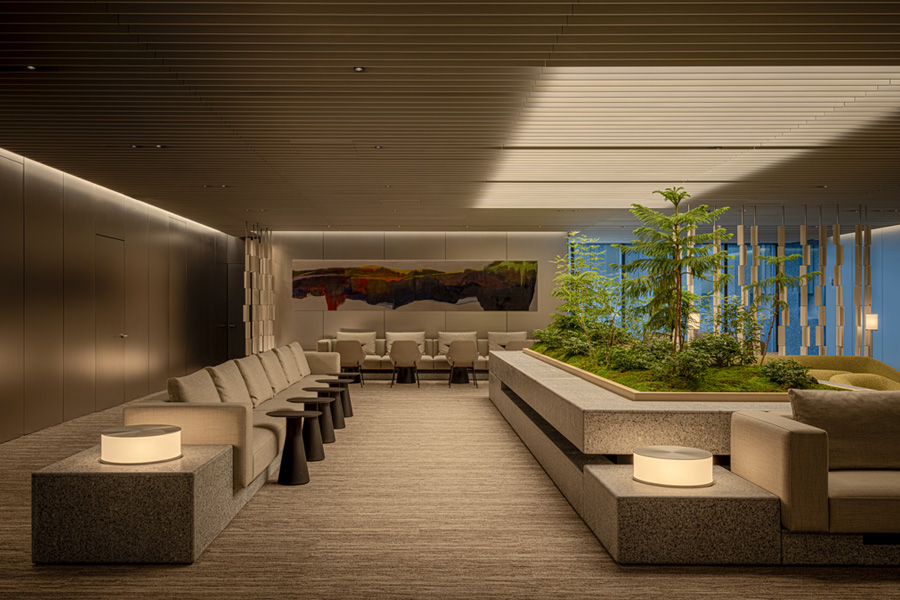Italian manufacturers join forces and speak out, vacant hotel rooms across the world are repurposed, and Airbnb offers affordable digital activities and cultural experiences. All this and more in this week’s Five on Friday.
Designers and hoteliers navigate their new normal

As the world continues to navigate the coronavirus pandemic and adapt to these unprecedented times, we are interviewing designers, hoteliers, and entrepreneurs across the world to find out how their businesses are being impacted and what they anticipate will change down the line. In the latest installment, six industry leaders describe how they’re adapting to uncharted territory. “On a business level, the challenge is about staying together as a team, a family, and being connected to each other and our clients so we can move through this together,” says Anwar Makhayech, founding partner of DesignAgency. Catch up on the rest of the series here.
Airbnb offers international travel experiences online

Airbnb is taking its four-year-old Experiences program fully virtual. As a way to promote social distancing, the company is offering unique activities digitally like a Swedish pastry experience, one-hour meditation with a Japanese Buddhist monk, tarot card reading, and cocktail-making classes that range in price from only a few dollars to $95 per session. With the program’s typical tours now suspended, Airbnb is hoping this initiative will create a new stream of revenue for its hosts across the world while simultaneously entertaining those stuck at home. Similarly, Tastemade Home has launched Five Minute Refresh, a biweekly Instagram live series that features simple DIY solutions to make the most of your time at home and upgrade your work-from-home setup, create a meditation corner, and more. New episodes are posted on @tastemadehome every Monday and Friday through April 27th.
Italian design brands band together
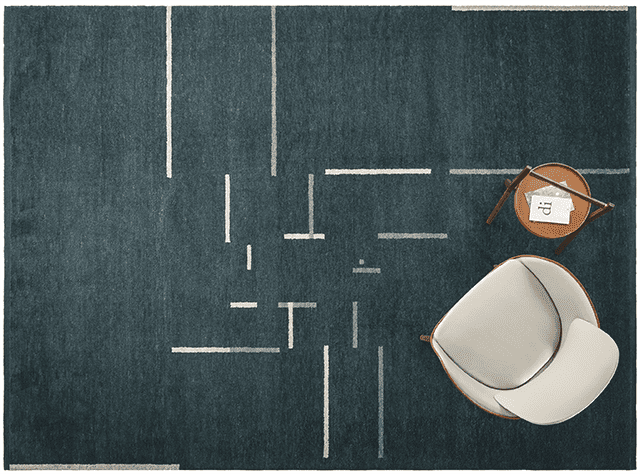
Nine Italian design companies signed a detailed manifesto urging the government to lift restrictions on production and calling for the landlords of their showrooms and offices around the world to reduce rent by 50 percent. The manifesto—signed by executives at B&B Italia, Bisazza, Boffi, Cappellini, Cassina, Flexform, Giorgetti, Molteni Group, and Poltrona Frau—emphasizes the importance of the furniture and design industries for Italy, stating “with the strength of its 20,000 active companies and 130,000 employees, the sector generates 23 billion in turnover with an export level that exceeds 60 percent.” The document also warns against the potentially devasting impact: “We could lose 20–30 percent of our industrial heritage and witness serious damage to the industry. All of this would inevitably result in the loss of tens of thousands of jobs. It could take 20-30 years to recover what we would lose in a few weeks.” Yet, as of April 10th, the national lockdown in Italy was extended through May 3rd.
Uninhabited hotel rooms used to support COVID-19 relief
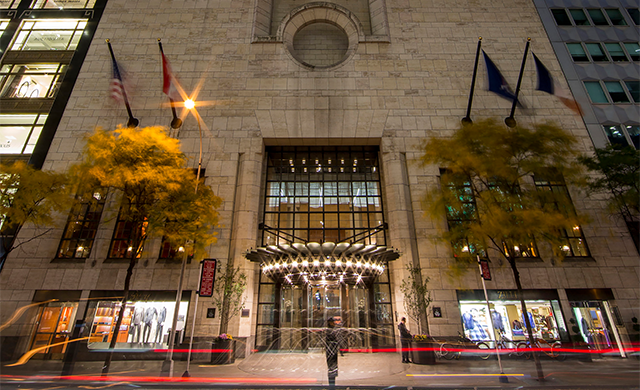
As occupancy hits all-time lows nationwide, hotel properties worldwide are opening their doors to offer free or discounted housing for hospital staff, first responders, and infected patients. The Four Seasons Hotel New York, for instance, has shifted gears to safely accommodate medical workers with 225 of its rooms. “It was an instinct and a reaction [to offer rooms],” says Rudy Tauscher, GM of the Manhattan landmark. “The city has thousands of medical staff and others who need a place to stay.” Furthermore, advocates in New York are calling for the city to follow California’s lead and begin housing homeless individuals in 30,000 of Manhattan’s more than 100,000 empty hotel rooms, according to Curbed. This measure would help prevent the spread of COVID-19 and protect the vulnerable population, many of whom are unable to practice social distancing in crowded shelters or unsheltered entirely.
Office setups may never be the same
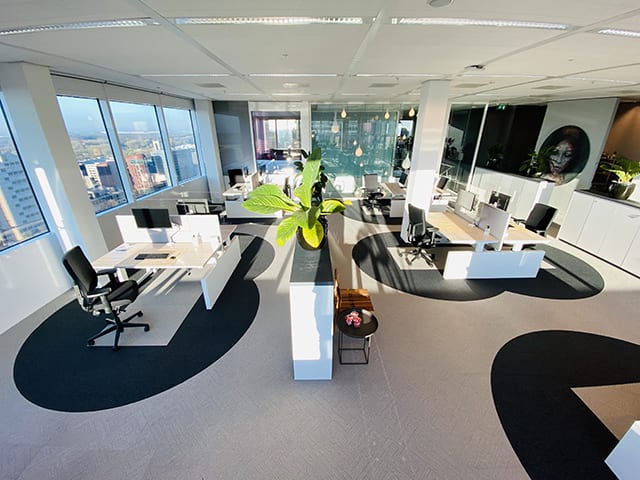
Once work-from-home mandates are lifted and employees go back to work, what will office spaces look like? According to Fast Company, commercial real estate company Cushman & Wakefield has developed a potential solution to that question. In just one week’s time, the firm’s Amsterdam headquarters—now renamed the 6 Feet Office—was redesigned as a working laboratory and showroom for clients. The new concept encourages social distance is maintained, promotes walking in clockwise lanes, and includes a number of cleanliness precautions. “I think what we’re going to see, which is really interesting, is we have now experienced a work-life integration that will change our perspectives and expectations of how we work in the future,” says Despina Katsikakis, head of Occupier Business Performance at Cushman & Wakefield.

